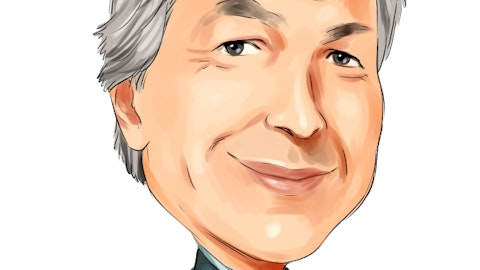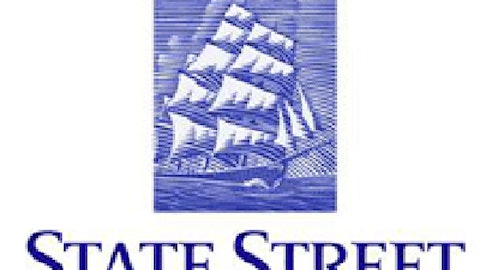On this day in economic and business history…
An eight-decade stretch of American finance without central-banking oversight began on Sept. 10, 1833, when President Andrew Jackson withdrew the federal government’s funds and support from the Second Bank of the United States.
The young nation had operated a central bank since 1791, with a six-year break from 1811 to 1817. Both the First and the Second Banks of the United States fell under near-constant scrutiny and criticism from small-government and antibanking politicians. None were fiercer than Andrew Jackson, whose hatred of high finance began early in his landowning career. Despite rising to a position of great wealth and privilege, Jackson considered himself a man of the people, and he saw the American people as heirs to an “agricultural republic.”

Jackson’s presidential campaign exploited deep grievances that many Americans harbored over the Panic of 1819, which was easy to blame on the Second Bank because of its central role in first creating rampant inflation and then excessively tightening lending standards when it became unable to redeem its notes for gold and silver. Once elected to the presidency in 1828 with a populist message touting limited government, Jackson quickly set about the task of dismantling the Second Bank. This political fight would rage throughout Jackson’s first term and would come to be known as the “Bank War.”
The Bank War culminated in 1832, shortly before the onset of Jackson’s re-election campaign, with a presidential veto of the hard-won Senate reauthorization of the Second Bank’s charter. Jackson’s message accompanying the veto became one of the most notable political documents in American history. Here is a brief snippet (click here to read the full text in a new window):
The bank is professedly established as an agent of the executive branch of the Government, and its constitutionality is maintained on that ground. Neither upon the propriety of present action nor upon the provisions of this act was the Executive consulted. It has had no opportunity to say that it neither needs nor wants an agent clothed with such powers and favored by such exemptions. There is nothing in its legitimate functions which makes it necessary or proper. Whatever interest or influence, whether public or private, has given birth to this act, it cannot be found either in the wishes or necessities of the executive department, by which present action is deemed premature, and the powers conferred upon its agent not only unnecessary, but dangerous to the Government and country.
It is to be regretted that the rich and powerful too often bend the acts of government to their selfish purposes. Distinctions in society will always exist under every just government. Equality of talents, of education, or of wealth cannot be produced by human institutions. In the full enjoyment of the gifts of Heaven and the fruits of superior industry, economy, and virtue, every man is equally entitled to protection by law; but when the laws undertake to add to these natural and just advantages artificial distinctions, to grant titles, gratuities, and exclusive privileges, to make the rich richer and the potent more powerful, the humble members of society — the farmers, mechanics, and laborers — who have neither the time nor the means of securing like favors to themselves, have a right to complain of the injustice of their Government. There are no necessary evils in government. Its evils exist only in its abuses. If it would confine itself to equal protection, and, as Heaven does its rains, shower its favors alike on the high and the low, the rich and the poor, it would be an unqualified blessing. In the act before me there seems to be a wide and unnecessary departure from these just principles.
Jackson’s veto held despite fierce opposition in the Senate, and Second Bank director Nicholas Biddle mustered all his political energies to defeat the president. Senator Henry Clay, who had led the fight for rechartering, became Biddle’s probank candidate. Clay was soundly defeated in the 1832 campaign, and Jackson interpreted his dominant victory as a mandate to end America’s central banking regime before the Second Bank’s charter would expire in 1836.





